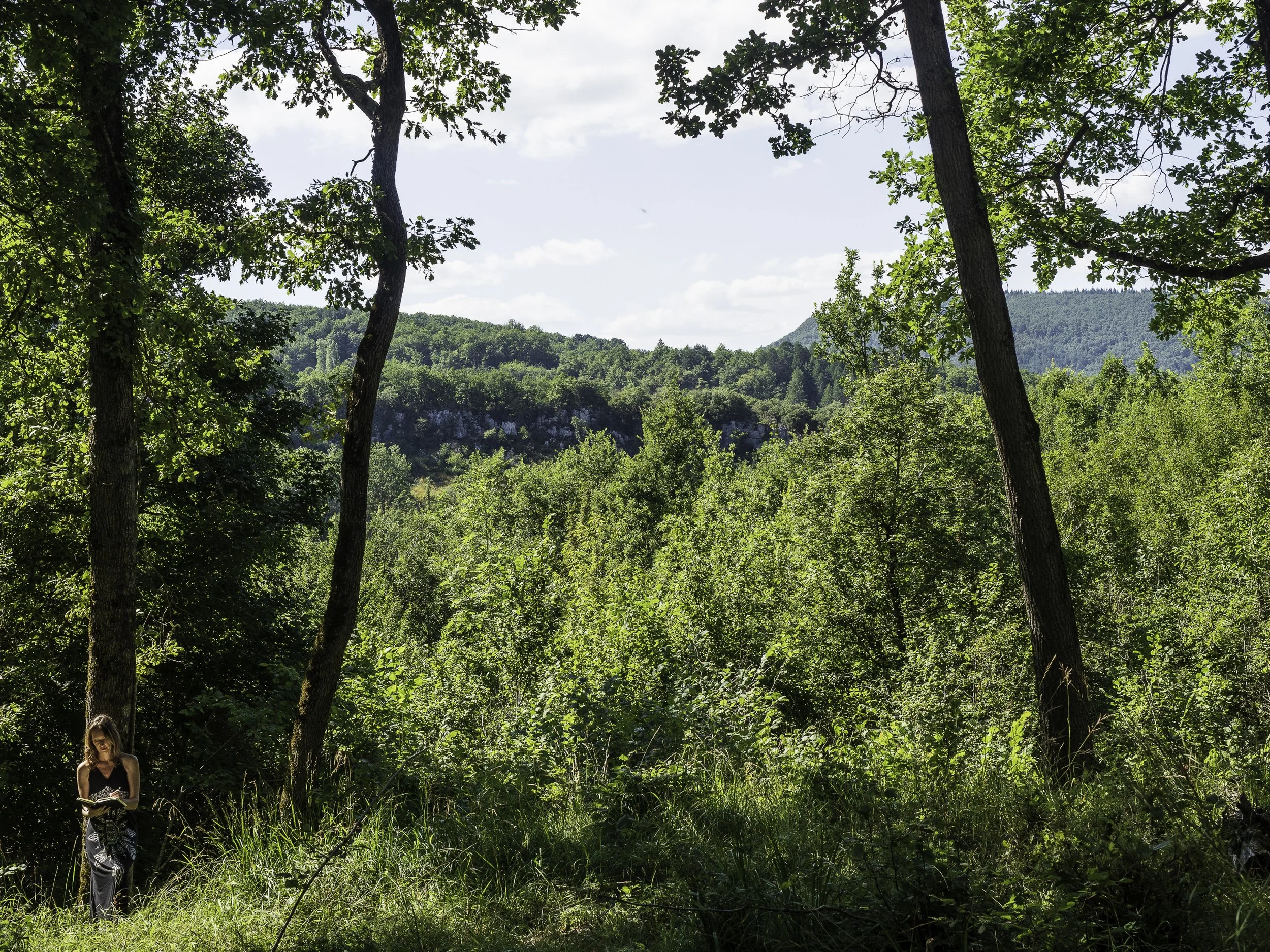Words may be relative–and little bitty things at that–but they can contain and express the most vast.
Read Morewriting prompts
Child's Play
Everything in the life of my four year-old son is about interacting with the physicality of things, seeing how the outside world impacts on his body.
Read MoreEaster in France
As in the UK, we’re just emerging from Easter weekend here in Southern France. Yesterday, we went out to celebrate ‘Paques’, loaded with fresh eggs to cook over a wood fire.
Read MoreFrom Acorn to Great Oak
I visualise for a moment that I am a small acorn. Myself and my writing project are like that acorn, pre-programmed with everything we need to grow into a magnificent oak. If I support and allow the process. I will cradle this expansive view of life; it flies in the face of those who would reduce me (and all of us) to what happened once upon a time when I was four.
Read MoreWasherwoman's Fingers
On Friday, after a hard day, I took a shower, a long shower, to unwind. The spraying water and lavender gel didn’t succeed in completely draining away the day’s tension. But my interest in something else did. I noticed the tips of my fingers whiten, and then crease and wrinkle under the jet of water. Nothing unusual in that of course. But on Friday, I was mesmerised, because I ‘d just read a fascinating article.
Read MoreThe Beech Tree
Yesterday, I went for a walk. I came across the Beech tree that pulls my attention every time I walk past it. Warmed by the sun, the slippery grey bark of that thick trunk smelt sweet. An abundance of verdant leaves jostled for attention in the breeze. That tree is a stunning example of the determination of living things to survive, and flourish. It doesn’t have the symmetrical shape of a storybook tree, but I can see that that is the template it is trying to match. It knows what it was born to become. However, it has met obstacles along the way, and has had to adapt.
Read More

